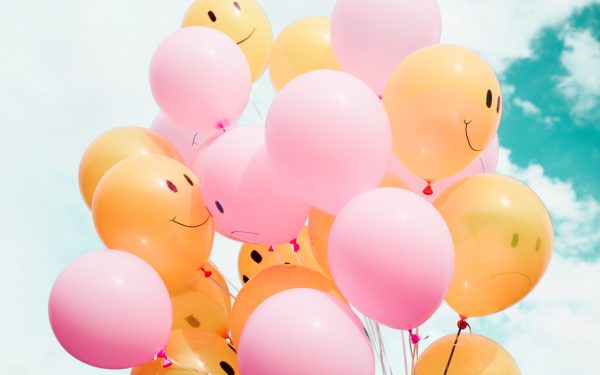6 Surprising ways you’re reading books wrong!
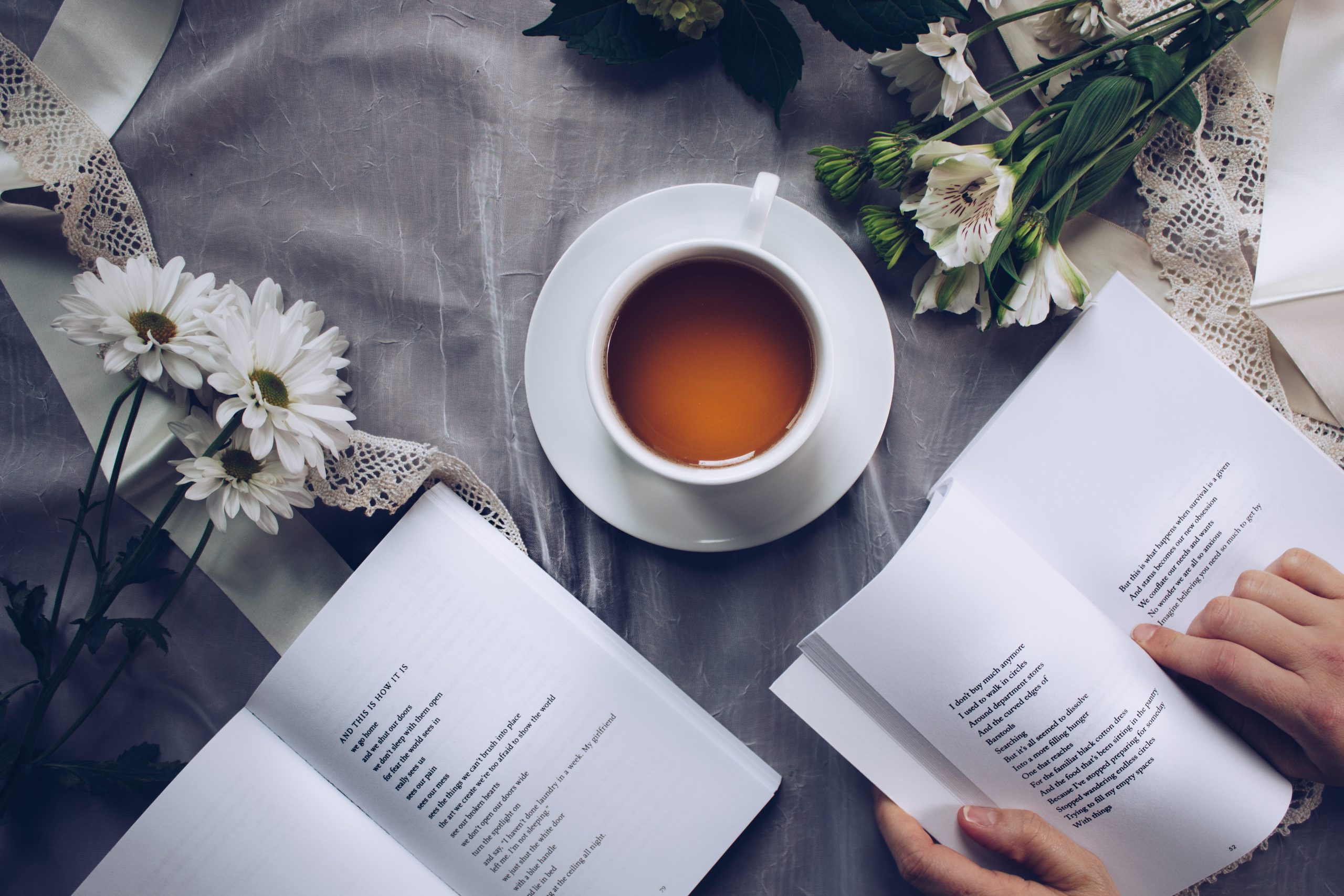
“I cannot remember the books I have read any more than the meals I have eaten; but they have all helped to make me.” – Unknown (debatably Emerson)
There are literally millions of books in the world, how do you know which ones to read? -because you can’t read all of them you don’t have the time and you may not want to read all of them.
Today I’m going to be speaking from personal experience, purely anecdotal advice…
Habit 1) Genre
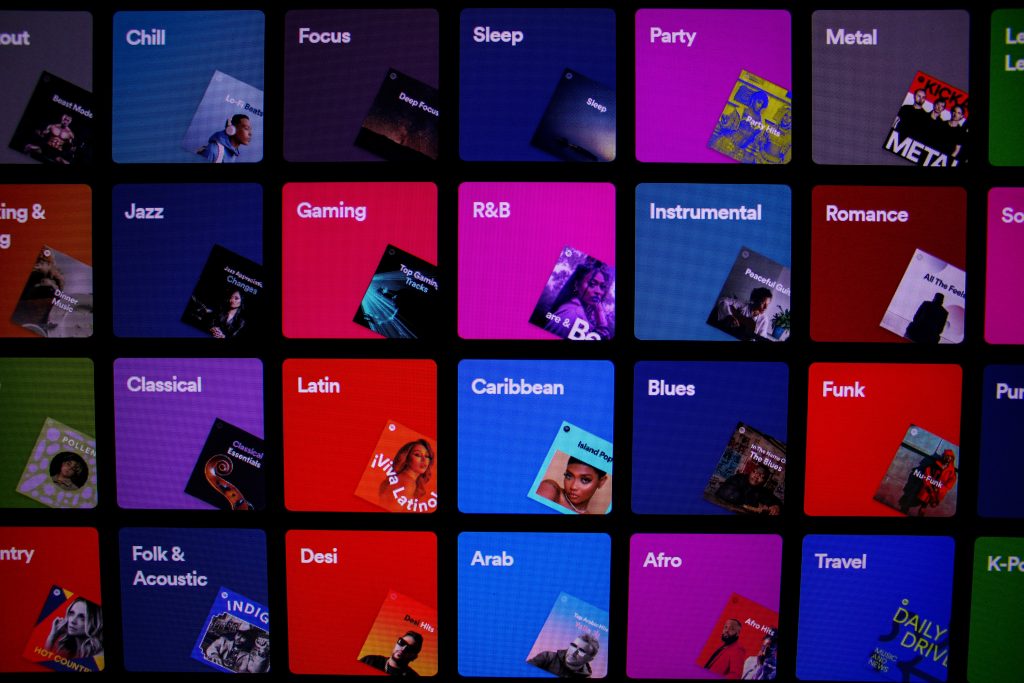
- First things first – you need to determine which book genre or genres you like to read.
- Obviously, the best way to do this is to pick up a genre and start reading it.
- How do I know which book in that genre to start reading? Well, you need to figure out how long of a book you would like to read.
- You then need to determine whether you prefer visuals or whether you like black and white text, or a blend of both.
- Books that contain images and infographics such as the DK range of books are particularly good for removing the “effort of imagination”.
- I say this because ADHD can cause an overwhelm in the brain when it reads – this is a comprehension issue, what the brain tries to do is to interpret words and make them into visual images. This takes a lot of processing power and is caused (for the most part) by a lack of working memory.
- Lack of a working memory means that your brain cannot juggle reading and forming ideas at the same time, at least not without a drop in comprehension.
- What the DK range of books do is allow the images to already be formed, they are then usually annotated with short paragraphs-which are perfect reading material for ADHD brains.
- In a similar vein there are such books as graphic novels, there are also non-fiction graphic comics.
- There is a series of short books called “Introducing”. These books are like introductions to varieties of topics with each page or two dedicated to a sub topic within that subject. Each page is annotated and illustrated like a comic book, this means that there are less words to read and more images to see which is less taxing for the ADHD brain.
Habit 2) Who and What?
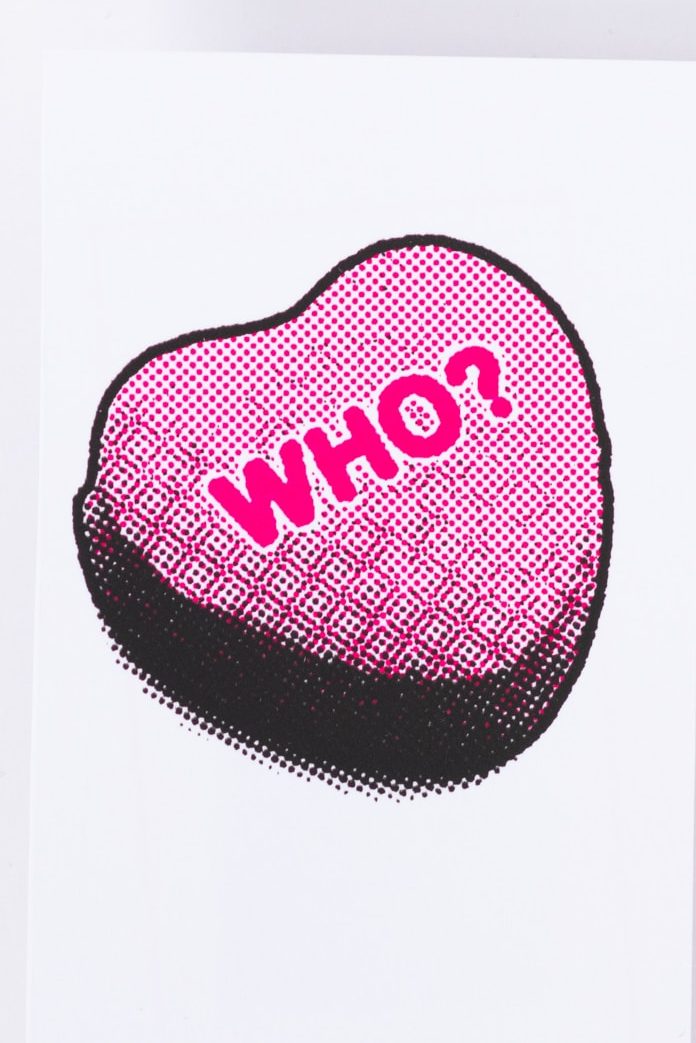
- I’m going to talk about non-fiction books in particular because I am not really a fan of fiction, although fiction is thought to be superior to non-fiction in vocabulary building because they tend to be more about painting a picture rather than being matter-of-fact in their writing styles.
- I should add a note that any books that you get which are non-fiction are generally best read in the primary text – this means that you are getting your own impression of the text, unbiased without anybody else’s influence.
- That being said, there are some very large primary texts which can also be doubly difficult to read because they are difficult texts.
- Then I would recommend reading secondary texts, secondary texts are impressions of primary texts from people who are quite renowned in the field of study and will give a pretty clear view of the topic in a digestible way without changing too much from the text.
Let me give you an example:
If I wanted to read Plato then it would be a good idea to maybe read one of his famous texts such as the Republic.
- The Republic may be too long, too wordy and may be difficult to retain interest with.
A remedy to this would be to read “The Great Courses” lecture series on Plato’s Republic, this would take out a lot of the dirty work for you and have the book neatly, concisely and accurately packaged up for you to hear and draw your own conclusions.
- You may not agree with the speaker or you may want to find out more about a certain part of the book then by all means having a look at the primary text. It is always easier to go “top down” than “bottom up”; look at the nutshell of the topic and hone in on particular subsets of topics that you find particularly interesting, do not go into PhD level details in a sub niche within that topic because you will not be aware of other perhaps more interesting subsets within that topic.
Habit 3) Speeding things up
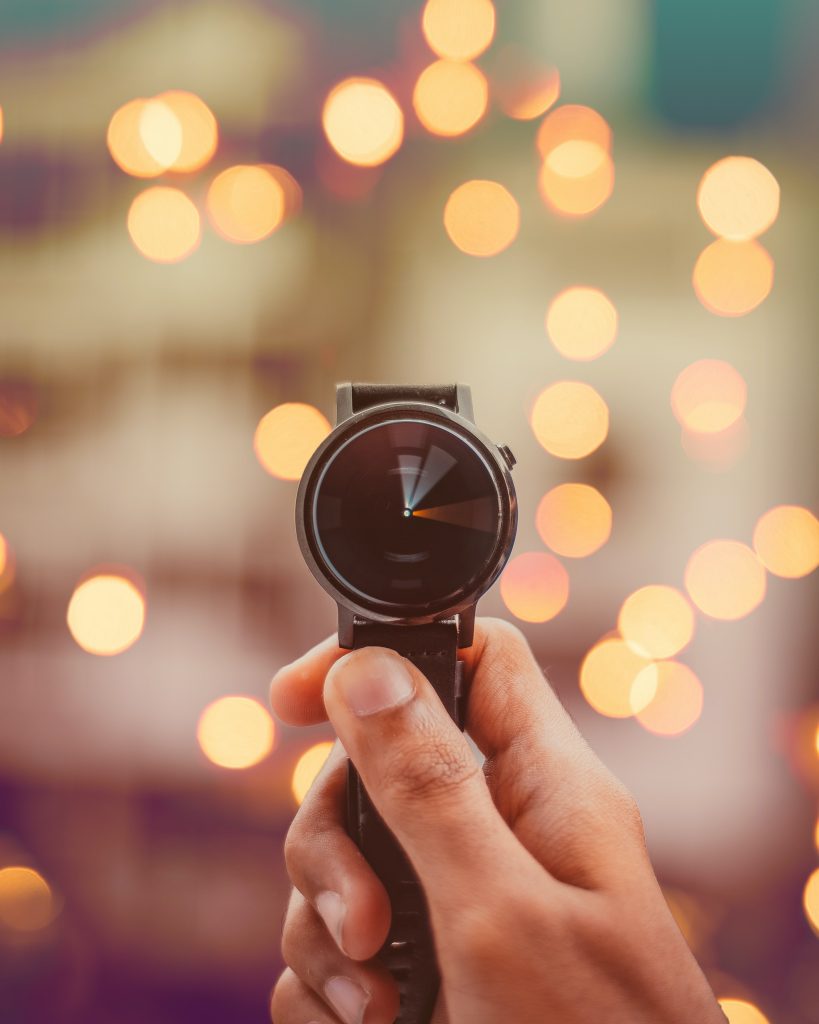
- So I think it is much easier for me to consume books through audiobook format. I do this using audible and usually listen at between 1.2 and 1.7 times speed.
- This is great because my reading speed and comprehension are far inferior to this method of consuming books. My reading speed and my speed at which I can consume audiobooks are vastly different.
- I may retain even more information than I do listening to audiobooks than reading, but I get through them far quicker – my reading speed is quite abysmal mainly because of my comprehension (ADHD working memory) deficit with reading. In an hour of reading I could probably get through around 30 pages of a book if I was really really engaged. If I was really really engaged in an audiobook I could consume over 100 pages per hour which is madness for me. This often means, given the energy level I have, I can consume 1-2 books per day. On average however, this is closer to 50-100 pages per day, as this is a much more sustainable pace for me.
Habit 4) Remembering what you read.
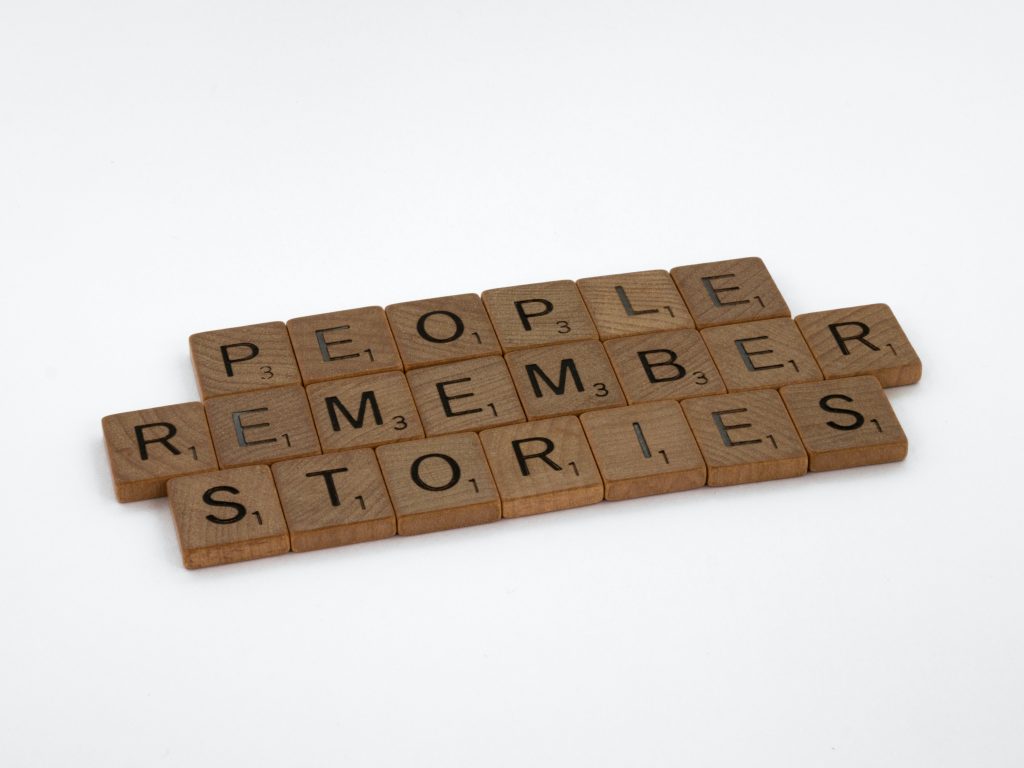
- There is a method to remembering what you read – and this is to note down anything that is noteworthy from the book. If you read a book and then finish it without noting down important information that you would like to remember, then you are far less likely to remember that information and your retention will drop.
- I personally have a file like system on an app called “Notion” where I write down my book insights and I try to keep them few and important you do not want to quote the whole book because there is no point, the point of taking notes is to condense it into something you can read in less than a page, ideally.
- How do I know what to note down and what not to note down?
- I usually think about how I reacted to that information – you can generally get a sense of how important that information is to you by your reaction and how you approach reading it; If you stay with the information for quite a few seconds and begin pondering over its meaning and perhaps its applications in the real world then I think that is grounds for note-taking, if it is something that is interesting but is something that isn’t mind blowing then that doesn’t usually warrant a noting because most of the book may be interesting.
- Besides, taking too many notes defeats the purpose of being able to consume a book more quickly.
- You have to also bear in mind that you can read thousands of books and become no wiser. What I mean by this is it’s not how many books you read it is which books you read and how you read them that matters.
- Reading 10,000 books in a similar fashion to “hungry hungry caterpillar” will not make you any wiser than reading one life changing text.
- As human life is finite and there are so many books to choose from I would suggest choosing wisely.
- My statement about the hungry hungry caterpillar is hyperbole by the way! I don’t actually mean it in any sort of calculable or accurate way, it is to get the point across that it is quality over quantity when it comes to what you read. (No offence to hungry hungry caterpillar!).
Habit 5) Wisdom

- “Rich books advice”:
- You can use this advice in any genre perhaps other than fictional genres, this advice is to get the book that was written by somebody who knows what they’re doing.
- What I mean by this is someone who is telling you how to get rich should already be rich before they tell you how, They should have not become rich from selling books or services based on telling people how to get rich.
- If you are reading a book on chemistry it is much better to read one from someone who is distinguished in that particular field than someone who is at school level.
- If you want to learn basketball you learn from LeBron James, you don’t learn from a friend down the road because LeBron will teach you things your friend won’t even be aware of.
- If you can get someone who has already put in 10,000 hours of work to teach you that is much higher quality teaching and it is from someone who has 100 hours of work done.
- Yes you can be taught things by people who are only slightly more knowledgeable than you but why use them when you can learn from experts.
- Who would you have teach you the guitar? Jimi Hendrix or the local school teacher? I don’t mean to be rude by asking this question (particularly to school teachers that teach guitar) But you do have to consider what you would do in that situation and why?
- To be honest if the guitar teacher wanted to refuse lessons from Jimi Hendrix then that would probably be stranger than them accepting lessons.
- When it comes to scientific books or nonfiction it is best to get the books which have been referenced.
- A book that hasn’t been referenced is only as true as their word.
- Which is why I admire Bill Bryson, he inserts many scientific study references into his texts when he isn’t even a classic scientist.
- But you can believe him because what he says despite him not being an expert in the area is still as true as if an expert had said because the source material is the same.
Habit 6) Wisdom 2
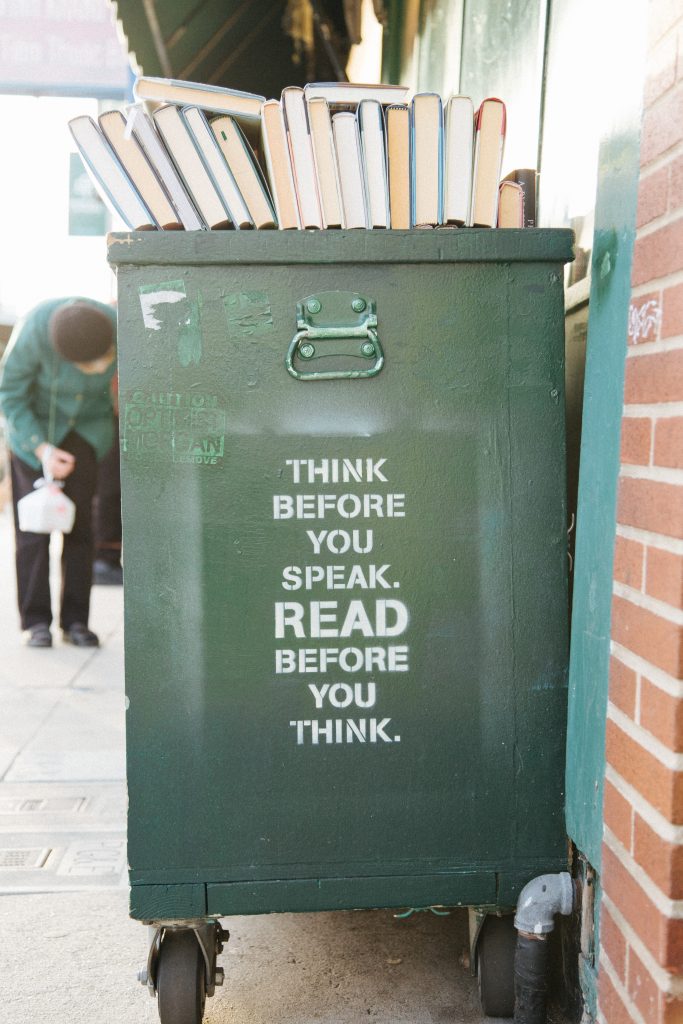
- 1. Everybody likes classic works by big names. Or at least everybody likes to say they like the classic works by big names. It is absolutely fine to not spend tens of hours slogging through classic literature just to say that you have “read it”. You only have a finite time in life, there are too many books for you to read within that life, this means that you should not read the books that you feel you should read but read the ones that draw you to them and that you want to read.
- 2. How do I know if I want to read a book once I have got it? There is quite a nice rule of thumb here, one that I have found particularly useful is you have 100 pages and then you minus your age from 100. The number that you get is the number of pages you should read before packing the book in, for example if you are 80 years old you may only want to give the book 20 pages to grab your attention, if you are still bored by the 20th page then it may not be a worthwhile pursuit. If you are 15 years old, you have (at least statistically) your whole life ahead of you so you can afford to read 65 more pages before you come to the conclusion that this book is not for you. There are some books which are slow burners, and there are books which get better towards the end, this is fine, you don’t have to be gripped entirely to want to read a book but if you are unfamiliar with the book and you are not interested in the book after the amount of pages you have read then it is usually worthwhile to start a new book perhaps in a similar genre.
- 3. This advice pertains to non-fiction yet again. It is important with non-fiction books to bear in mind how recent the book was written if you are reading ancient philosophy for the purpose of understanding the foundations of philosophy, but that is perfectly fine. However, if you are reading “Principia de Mathematica” for the purpose of understanding 21st-century physics then that isn’t the best route in my opinion. But nor do you want something “hot off the press”, why? Because it has not been reviewed and criticised by people who have the knowledge to criticise it, if it is full of errors, yet modern, then it serves perhaps less benefit to you than reading a 500-year-old text on the matter. I am not saying do not read “Principia de Mathematica” to understand physics- I think it is a very vital text. What I AM saying is do not learn to fly by reading a Wright brothers manual on flight.




